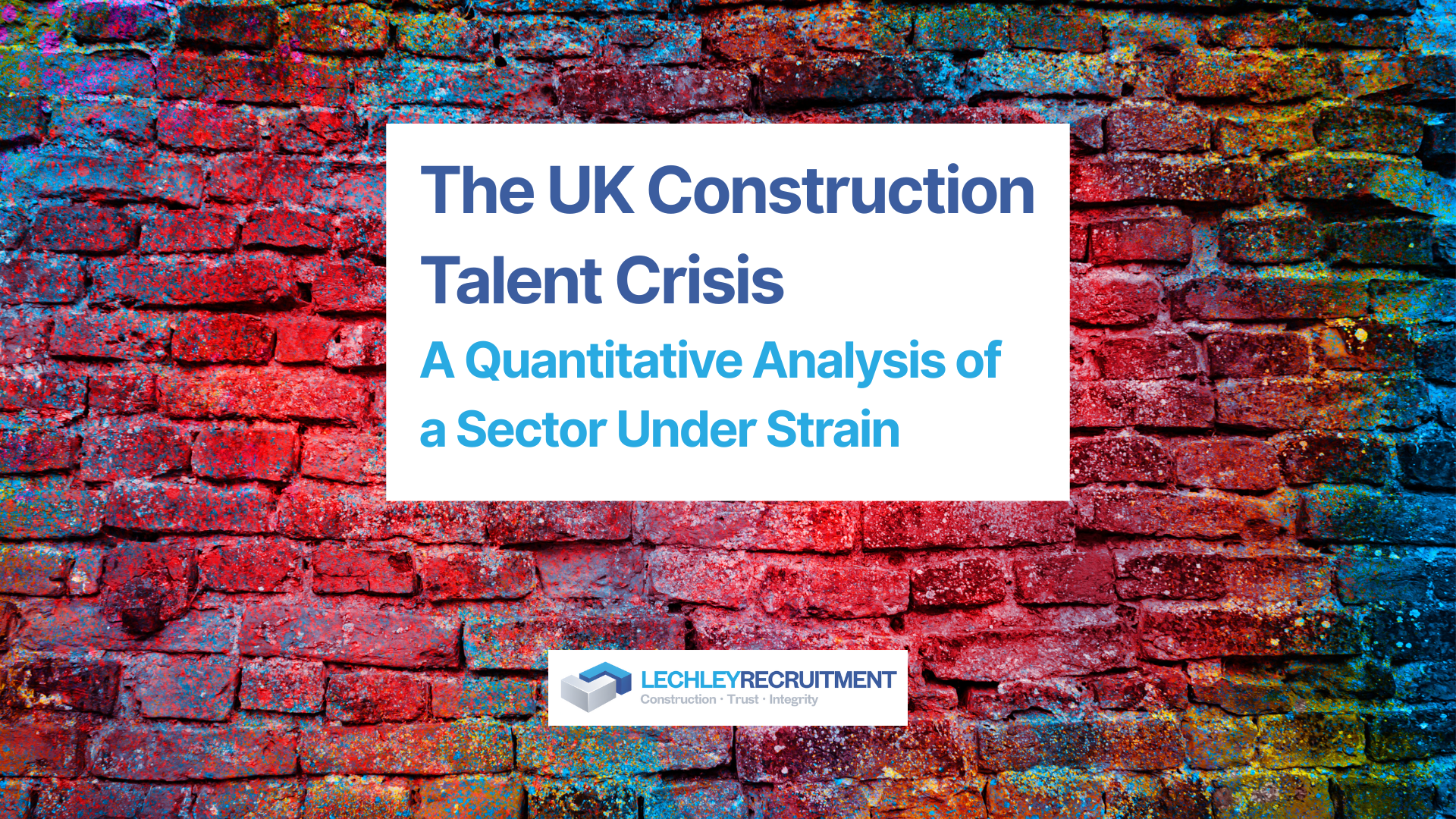Building a Resilient Future: Thriving Amid Change in the UK Construction Industry
Building a Resilient Future: Thriving Amid Change in the UK Construction Industry
In an era of rapid evolution, the UK construction industry stands at a crossroads. As shifts in technology, sustainability norms, and workforce demographics reshape our industry's landscape, construction businesses - large and small - are tasked with navigating this wave of change.
Yet, for the vigilant, this challenge is also an opportunity. By understanding the disruptions and strategically leveraging them, businesses can construct a pathway towards enhanced growth and profitability.
Understanding Disruptions
Technology is revolutionising construction, from cloud-based project management software to autonomous equipment. Meanwhile, heightened sustainability standards reflect our industry's responsibility towards building a greener future. Our workforce is also diversifying, both demographically and in skill sets, and businesses must adapt their practices accordingly.
Leading Through Change
Steering your business through these disruptions begins with strong leadership. The research underscores the correlation between effective leadership and improved business outcomes, with notable increases in profitability, productivity, and workplace well-being. Conversely, a leadership void can leave businesses vulnerable to financial losses, decreased employee morale, and even safety concerns.
Clear communication becomes paramount in times of internal transition, such as board-level changes or buyouts. Realigning roles, establishing new strategic directions, or integrating new values into your company's culture can smoothen the transition and bolster business continuity.
Executive Search: A Specialised Approach
Navigating the leadership talent pool can be challenging, especially during significant organisational change. Herein lies the advantage of collaborating with a specialist executive search firm. Their deep understanding of the construction industry allows them to find leaders who can guide your company's success in a unique context. They identify candidates with the necessary skills and those who align with your company's culture and strategic direction.
Building Resilience
Navigating change is not without its setbacks. However, by treating these challenges as learning opportunities, businesses can foster a culture of continuous improvement and resilience. Adaptability is key in this new era of the UK construction industry, enabling businesses to not just survive but thrive amid change.
Conclusion
The construction industry is transforming, presenting a challenge that's ripe with opportunity. With strategic thinking, strong leadership, and a willingness to innovate, construction businesses can not only navigate these changes but also construct a resilient future.
If you're ready to take the next step in your business's growth journey, why wait? Reach out for an initial consultation and let's build a brighter, more successful future together. The new era of construction is upon us, and it's ours to shape.





